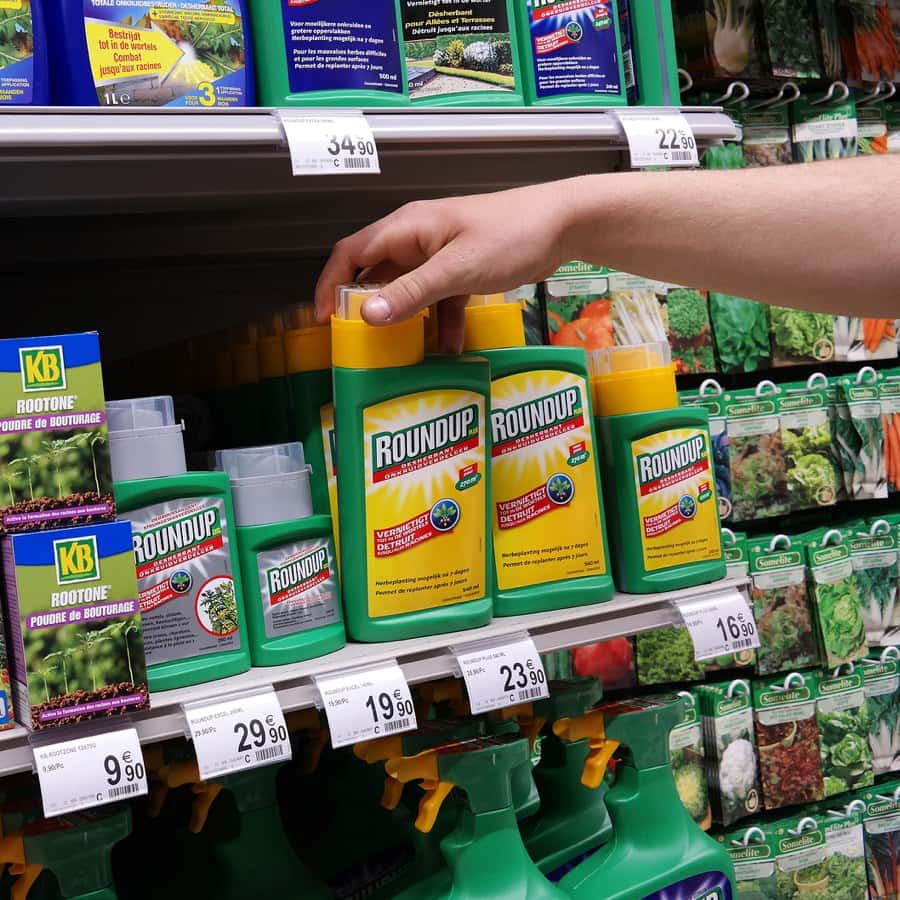
The popular herbicide glyphosate, also known by its brand name Roundup, appears to be headed for a warning label in the state of California. This chemical has been controversial for years.
Does Roundup Cause Cancer?
Scientists have been arguing about whether or not Roundup can cause cancer in humans. A few years ago, the International Agency for Research on Cancer labeled it a probable human carcinogen. But an expert committee for assessing chemical risk for the European Union determined that there is inadequate evidence to classify this weed killer as a carcinogen.
What Is the Status of Roundup in California?
Soon, however, California will add glyphosate to its list of potential carcinogens. Proposition 65 requires such a list, and the state has looked closely at the IARC decision and supporting data. Manufacturer Monsanto has promised a tough fight. Whether the listing by the state’s Office of Environmental Health Hazard Assessment will eventually result in a warning on the label is still unclear.
Roundup in Food?
Last year the FDA announced plans to start testing food for residue of the pesticide. Late in the year, however, the agency placed this testing program on hold. Corn and soybeans are the “Roundup ready” crops most commonly treated with glyphosate and might have the highest residues. When the agency does begin testing, it will be evaluating soy, corn, milk and eggs.
A study published in 2014 found that chronically ill people had higher levels of the pesticide in their urine than healthy people (Krüger et al, Journal of Environmental and Analytical Toxicology, March 2014). This does not show cause-and-effect, of course, but the link is troubling.

